Our News, Your News
By Andrew Rule, October 23, '25
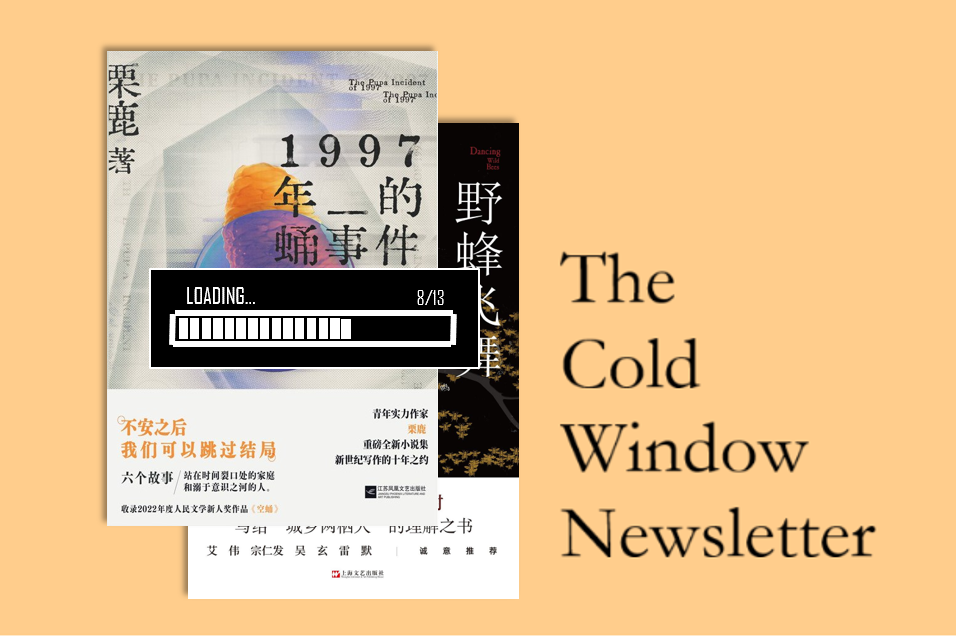
Welcome back to the Cold Window Newsletter. This issue, a hodgepodge: first, the state of translation in the world of internet fiction; second, reviews of two short-story collections squaring off for a major literary award next week.
More…
By Yao Lirong, October 5, '25
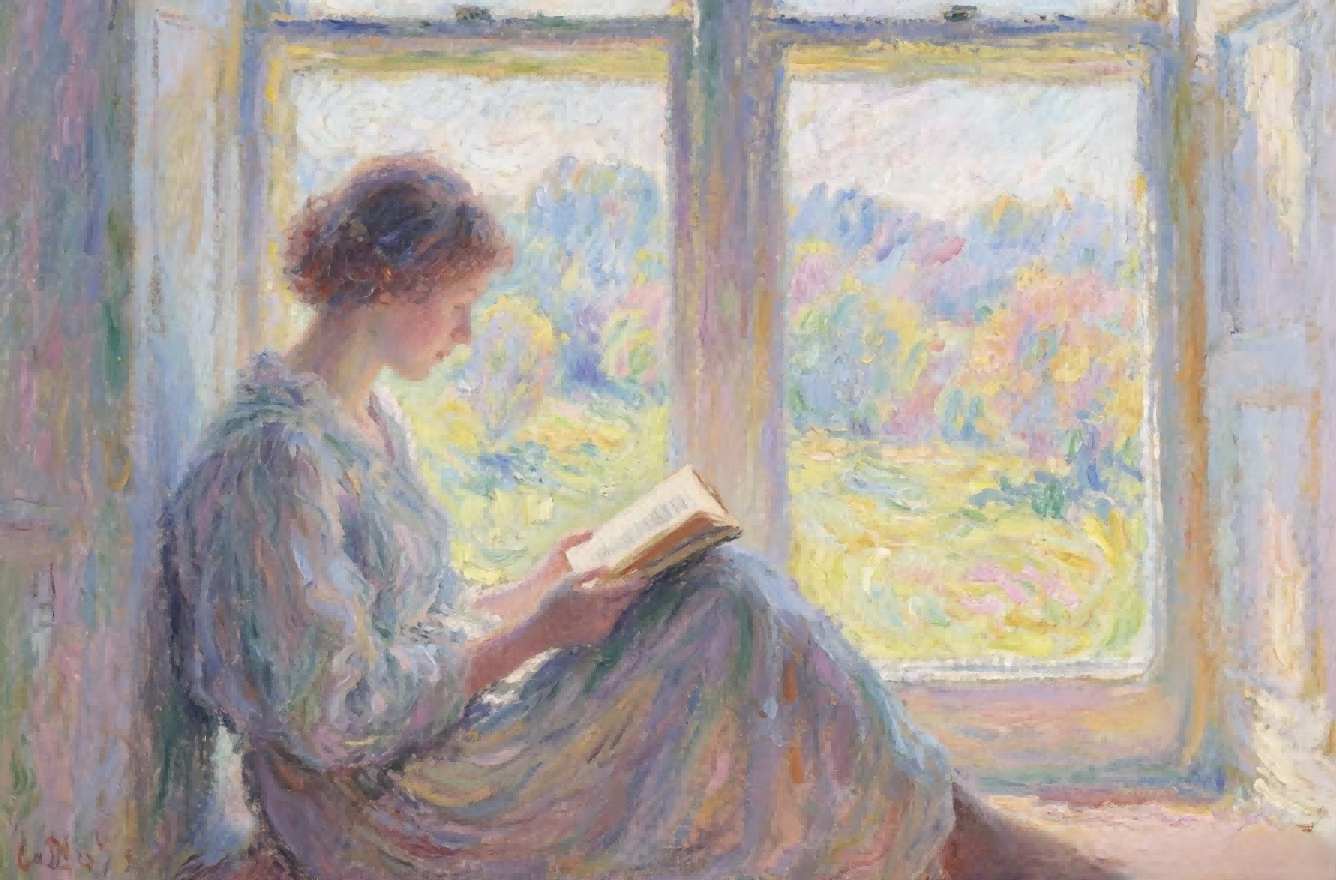
Welcome to our 23rd Paper Republic Newsletter, highlighting key developments from the past quarter. A notable highlight from August’s Women in Translation Month was our feature on translators Annelise Finegan and Nicky Harman and their work with women writers. Subsequently, September’s World Kid Lit Month brought celebratory news: Helen Wang’s translation of Cao Wenxuan’s Bronze and Sunflower has been selected for inclusion in Princeton University Press’s 2025 anthology, Worlds of Wonder: Celebrating the Great Classics of Children’s Literature (Princeton University Press, 2025).
You are invited to read on for more. We hope you enjoy this issue!
More…
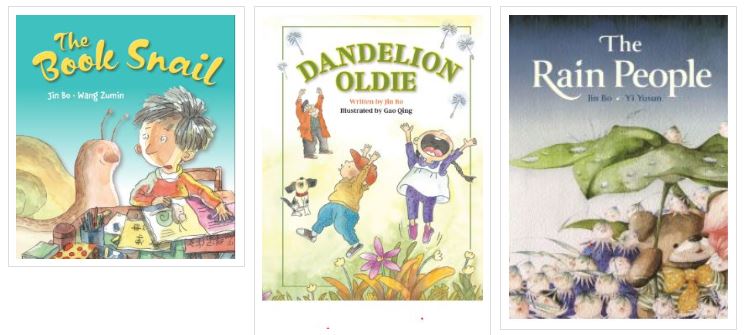
September is #WorldKidLitMonth, when everyone is encouraged to read at least one children's book from another country, culture, language... Everyone's welcome!
* World Kid Lit
* Chinese Books for Young Readers
* Outside In World
By Nicky Harman, August 26, '25
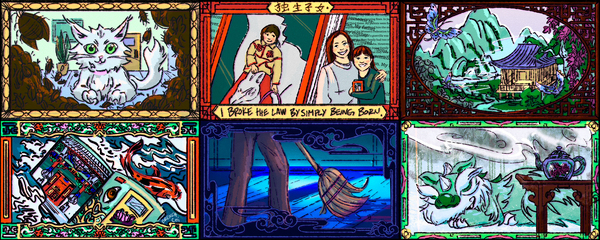
We need your help to bring the next edition of Read Paper Republic to life. Many of you already know and love our Read Paper Republic series and you can check out some of our favourite stories below. For those of you who haven’t yet had the pleasure, Read Paper Republic is a free online publication showcasing English translations of Chinese short fiction and poetry. We particularly focus on providing space for emerging translators to shine.
More…
By Andrew Rule, August 23, '25
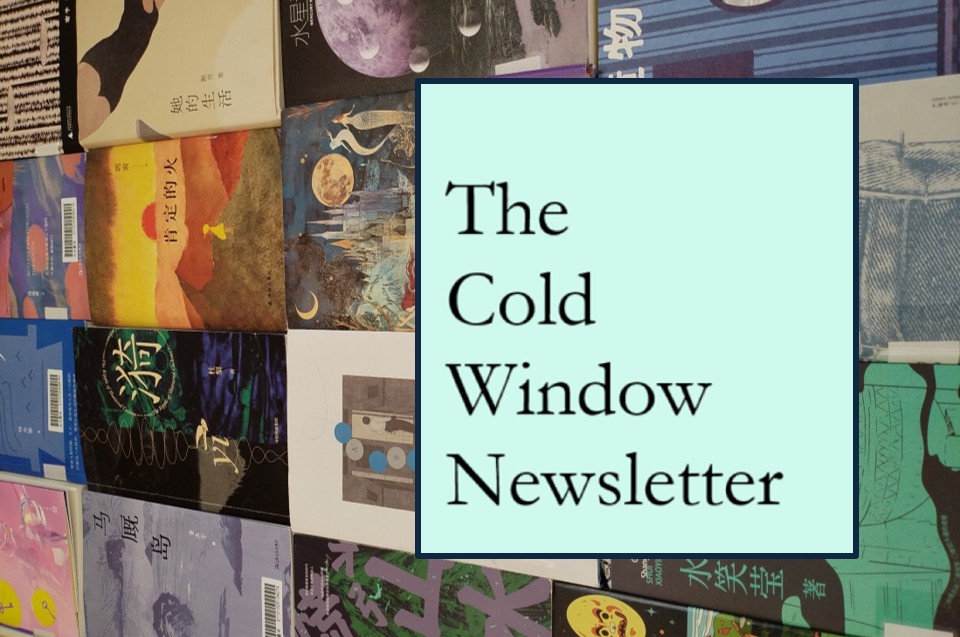
Welcome back to the Cold Window Newsletter! It’s time to get back to my initial mission with this newsletter: calling attention to great new literary writing from China. Over the last few months, I’ve sampled nearly every new Chinese short-story collection that’s come out this year. I want to tell you tell you about my favorites.
More…
By Andrew Rule, August 4, '25
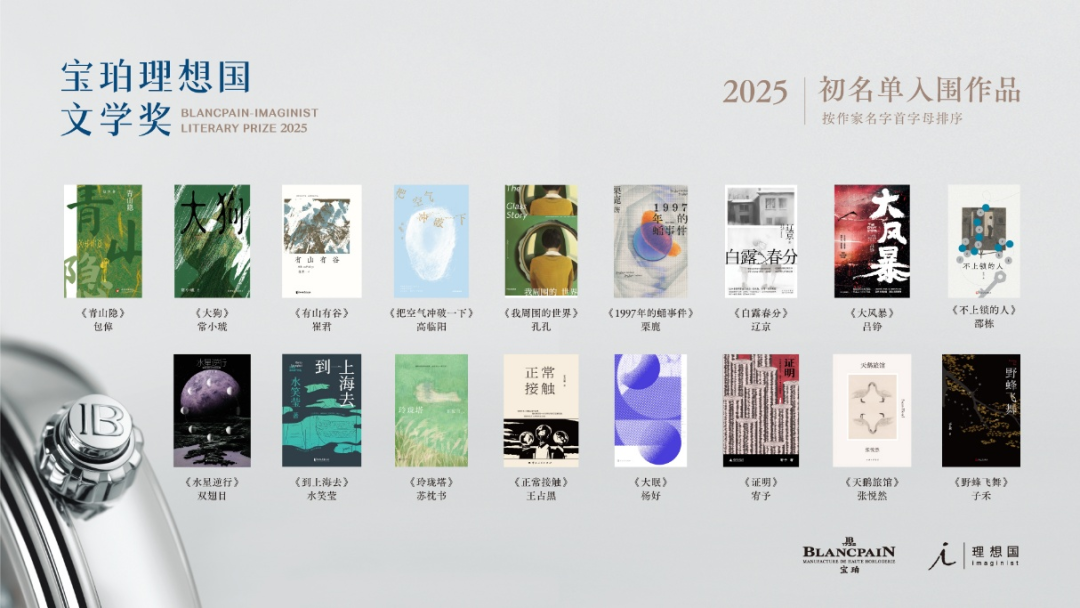
Last week saw the unveiling of the longlist for this year’s Blancpain-Imaginist Prize 宝珀理想国文学奖, one of China’s most prestigious awards for young writers. The prize has a history of identifying important writers early in their careers, and it has an especially strong track record for short-story writers, so scrolling through the nomination list is a good way to keep on the cutting edge of the Chinese literary fiction market. A few of the nominees have had their work translated into English before. Here’s a quick reading list to get familiar with them while we wait for the winner to be announced this fall.
More…
By Andrew Rule, July 18, '25
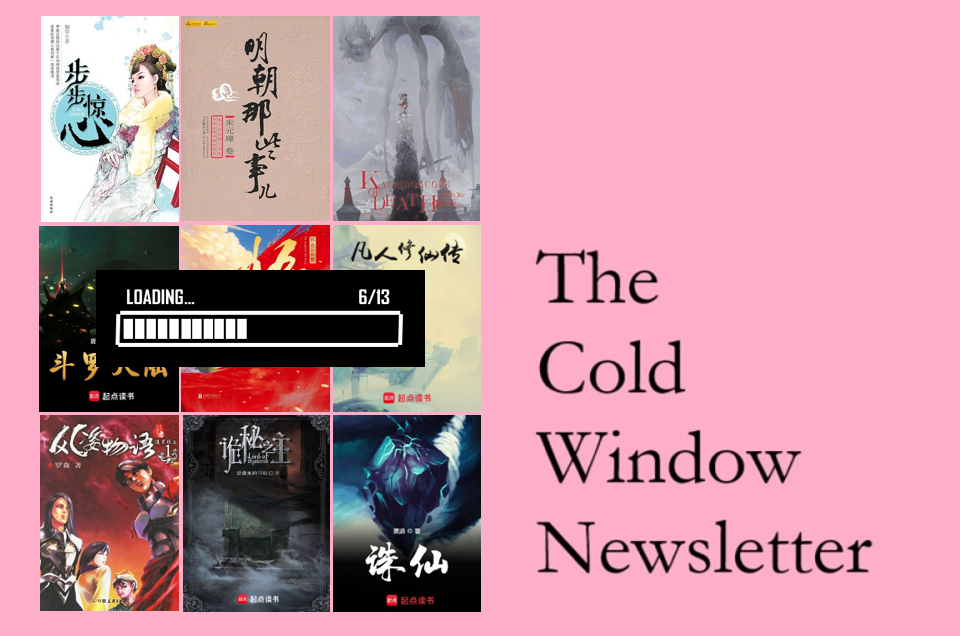
Welcome back to the Cold Window Newsletter! In this issue, the long-delayed return to my series on Chinese internet literature, with a focus on the chaotic sprawl of genres within which online fiction is produced. There’s a lot to say. No author profiles or recommended stories this time, but look forward to a bunch of those in a seasonal special later this summer.
More…
By Maialen Marin-Lacarta, June 30, '25
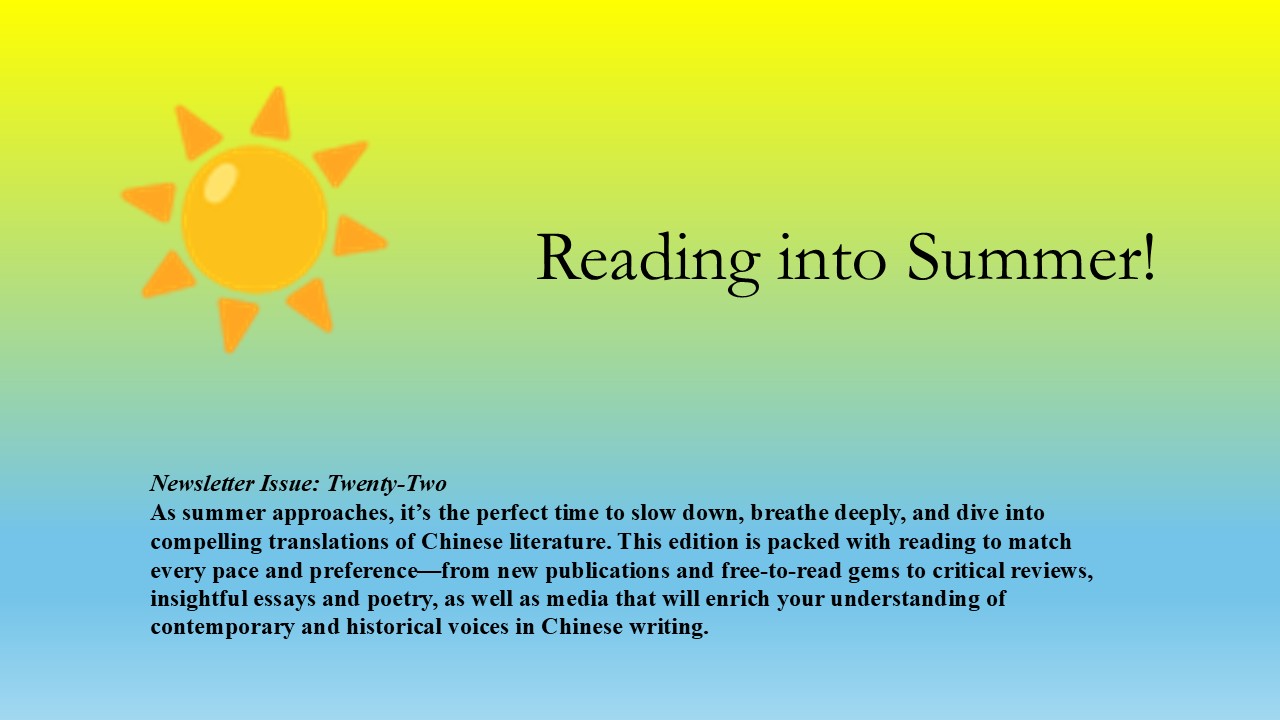
As summer approaches, it’s the perfect time to slow down, breathe deeply, and dive into compelling translations of Chinese literature. This edition is packed with reading to match every pace and preference—from new publications and free-to-read gems to critical reviews, insightful essays and poetry, as well as media that will enrich your understanding of contemporary and historical voices in Chinese writing.
We’re especially excited to recommend another brilliant newsletter: Cold Window, by translator Andrew Rule. His recent issue, "Thirteen Ways of Looking at Chinese Internet Literature," offers an introduction to the vast, dynamic world of serialized fiction online—a genre often overlooked in English-language spaces. If you’re curious about genres beyond conventional novels, this is a must read.
Thanks for reading, and for supporting the voices that keep Chinese literature alive in translation. We hope this issue brings some inspiration, discovery, and delight to your summer days.
More…
By Eric Abrahamsen, June 6, '25
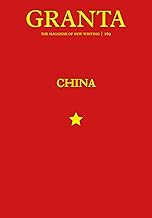
WU QI: Over the past ten years, we at One-way Street Journal have worked closely with Paper Republic, translating and publishing the short stories and essays of a number of young Chinese writers, helping them to find more opportunities in both the Chinese- and English-speaking worlds. At the moment, this ‘opening up’ process has come to a temporary halt: the situation in China and the world has changed drastically, with repercussions, of course, in the literary world. It is against this background that I was interviewed by Granta and attempted to describe the changes I have seen. To my surprise, I realised that no changes are purely external; for those of us involved, the internal changes we perceive – the sayable and the unsayable – are completely different from what they were ten years ago, and that every person, every choice, every gesture needs to be examined in a completely new way.
Granta Interviews Wu Qi
Born in the city of Lengshuijiang in Hunan Province in 1986, Wu Qi is one of the leading literary figures of his generation. He has worked as a journalist at Southern People Weekly and Across, and as the translator of James Baldwin. He currently works at One-Way Space (Danxiang Kongjian 单向空间), an independent bookstore in Beijing, where he serves as the chief editor of One-Way Street Journal (Dandu 单读) and as a board member of the One-Way Street Foundation. The journal specializes in cultivating avant-garde literature as well as the new worker writing in China. Its title is an homage to Walter Benjamin’s 1928 essay. In 2022, Wu Qi published a book-length conversation, Self as Method, with the anthropologist Xiang Biao, which probed contemporary Chinese subjectivity and literary expression. A second volume, translated by David Ownby, will appear next year.
Among Wu Qi’s talents, his skill at interviewing is widely recognized by his peers. Instead of asking Wu to interview someone for this issue, Granta decided to interview the interviewer.
More…
By Andrew Rule, May 13, '25
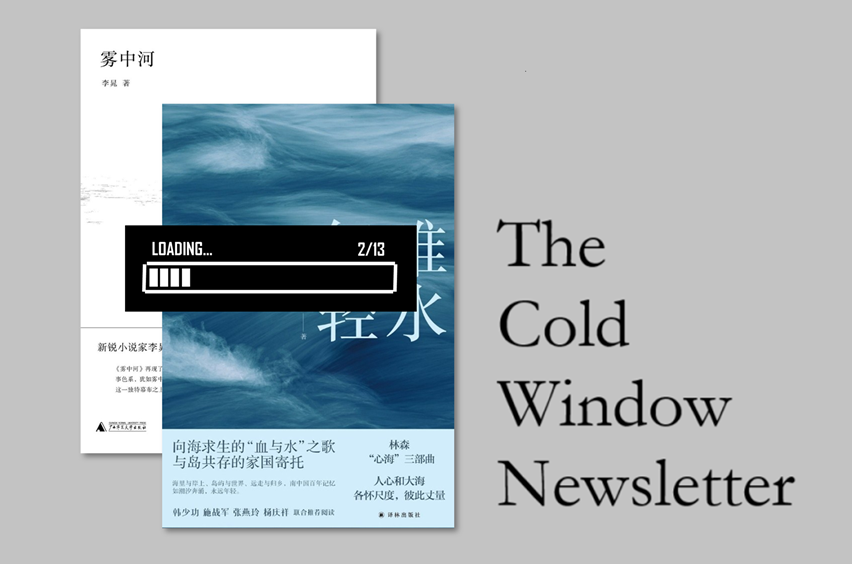
Welcome back to the Cold Window Newsletter! In this issue: a first foray into the world of Chinese internet literature, kicking off a column that will be running through several issues of this newsletter throughout 2025; and short fiction from the margins of southern China.
More…
By Nicky Harman, May 8, '25

Tuesday 13th May 2025. University of Warwick. See poster for details and registration. Hybrid event












